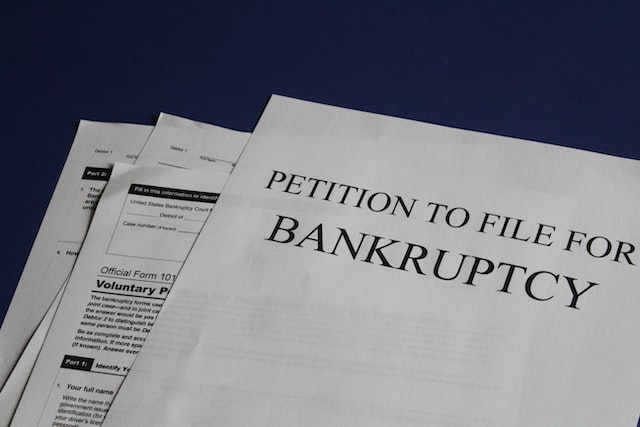
Though it’s morbid to think about, planning for the future is essential. Unfortunately, many people don’t consider how vital their estate plan is to protecting their loved one’s after their passing. However, understanding how bankruptcy can affect your estate plan is imperative. Though you can’t predict the future, understanding how this process works is crucial. If you need assistance when handling bankruptcy and your estate plan, you’ll want to keep reading to learn more about how Pennsylvania estate planning attorneys can help you navigate this process.
What is bankruptcy?
If someone has accumulated an overwhelming amount of debt, they can file for bankruptcy. This process absolves debt that a person cannot pay. Generally, there are two common forms of bankruptcy that individuals can file – Chapter 7 and Chapter 13. This process occurs through the Federal Court, allowing those who have incurred significant debt to obtain a fresh start.
Chapter 7 bankruptcy is more straightforward, involving liquidating non-exempt assets and paying off the creditors as much as possible. The rest is absolved. While this process is simpler, it will stay on your credit report for ten years. Chapter 13 bankruptcy, however, is a bit more complicated. This allows you to keep your assets, instead creating a payment plan that will generally last between three and five years. Chapter 13 filing will only appear on your credit report for seven years.
How will it affect my estate plans?
If you file for bankruptcy and pass away during the process, understanding what will happen to the assets that are distributed in your will is essential. In the event that you pass during a Chapter 7 bankruptcy, the assets in your estate plan will be liquidated and given to creditors. Whatever is leftover will be given to your beneficiaries as planned. Passing during Chapter 13 bankruptcy is more complicated as it involved the continued payment on a contract. However, your beneficiaries have options if you pass away during a Chapter 13 filing. They can either have their debts transformed into Chapter 7, apply to have the case dismissed, or appeal for a hardship discharge.
How can an attorney help?
If you find yourself filing for bankruptcy understanding how it will impact your estate plan is essential. Similarly, if you are the executor of a will and the creator has based any during their bankruptcy claim, you’ll want to reach out to an attorney as soon as possible.
At Freidman Schuman, we understand how overwhelming planning your estate can be. Add bankruptcy to the mix, and you may not know how to proceed. Our dedicated legal team has the experience necessary to help you navigate this process. Contact us today to learn how we can help you start planning your estate.



